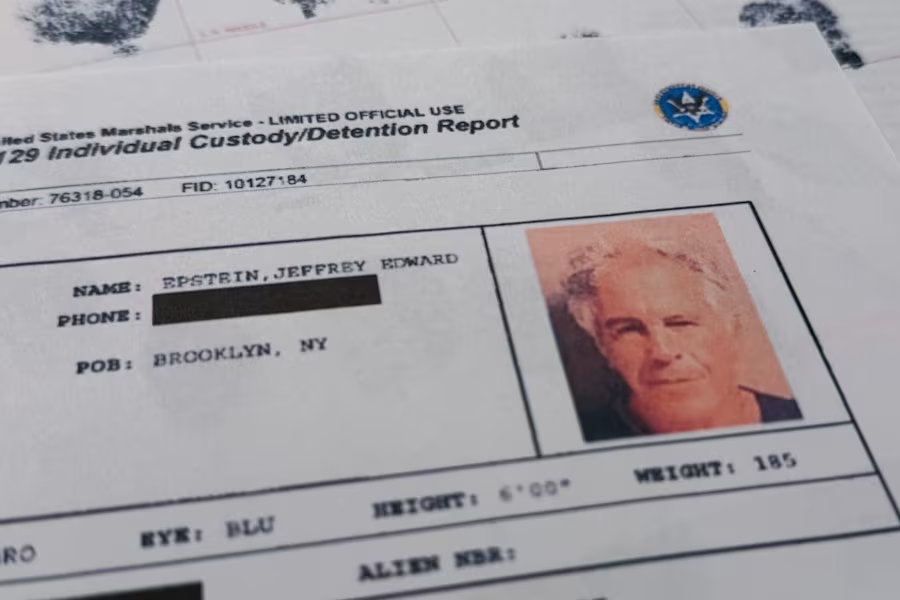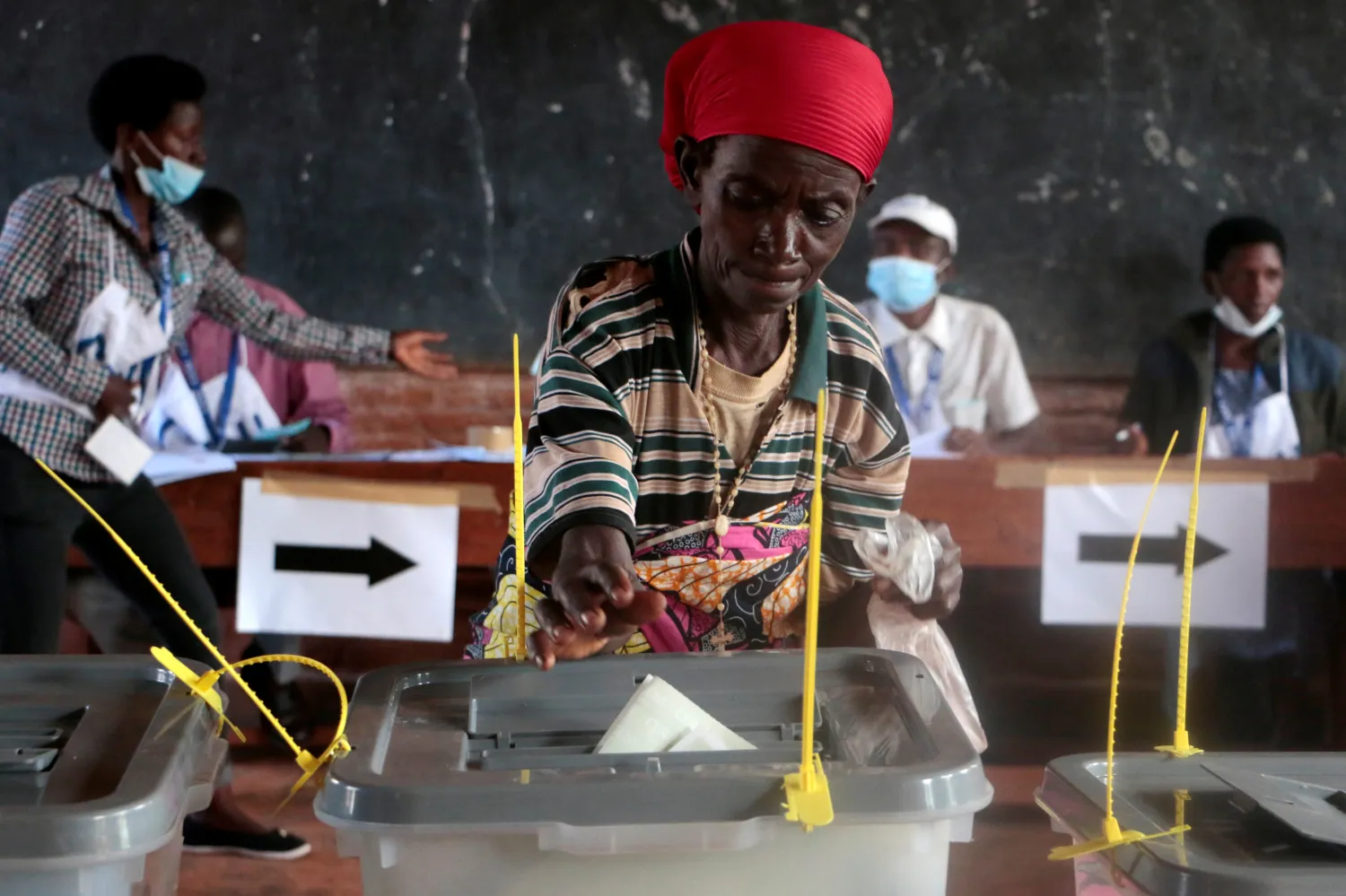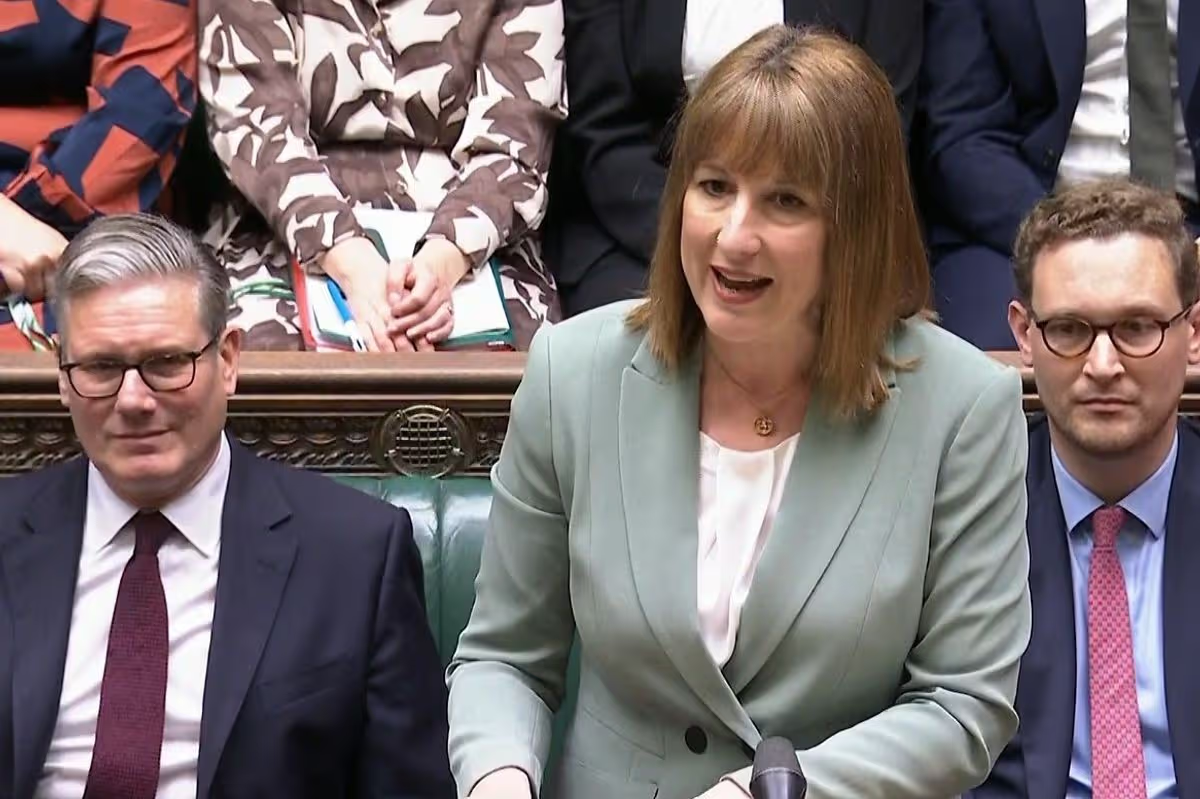Perhaps you’ve experienced that faint pang of remorse when discarding plastic, or when you start questioning whether there’s a less wasteful lifestyle out there. Yes, we all want to help out; and even if they mean well, with so many people trying to set the standard on what’s “right,” it becomes too much.
The veracity is straightforward: “going green” is not synonymous with “all or nothing.” It only takes one change… One small step… Followed by another. And before you know it, those baby steps evolve into something significant.
This guide offers ten eco-friendly habits alternatives you can implement in 2025. They are pragmatic and cost-effective, making it easier to adopt a sustainable lifestyle without turning your world upside down.
Key Takeaways
• Understand how small yet effective changes can minimize waste.
• Learn about achievable eco-friendly practices tailored for urban living.
• Reduce the use of plastic, harmful chemicals, and your carbon footprint.
• Cultivate an eco-friendly lifestyle that aligns with your daily practices.
• Make sustainable changes without spending too much, or losing convenience.
Why Eco-Friendly Swaps Matter Now More Than Ever
This time round, we are looking at climate change, pollution from plastic, and overflowing landfills; it can easily feel like too much. But here is one of the many silver linings – constructive change is possible and every little thing helps. Eco-swaps are all about creating intentional change one step at a time while not aiming for perfection.
Top 10 Eco-Friendly Swaps to Make in 2025
Reusable Water Bottles Instead of Plastic
Why this is important? Each American uses around 50 billion plastic water bottles a year, and very few of them get recycled.
Switch: Use a stainless steel or BPA-free bottle. It is good for the planet and improves one’s health.
Bonus: Refilling stations are becoming more common in public places.
Beeswax Wraps Instead of Plastic Wrap
Why this is important? Plastic wrap is used once and tossed negligently, contributing to waste.
Switch: Use beeswax wraps to cover food and pack lunches. They can easily be washed and they serve more than one purpose so their environmental impact is lower encouraging change.
Bar Soap and Shampoo Bars Instead of Bottles
Why this is important? Bathroom amenities contribute to abundant plastic waste on a yearly basis.
Switch: Versatile bar soap with no packaging and shampoo or conditioner bars work wonders for cutting down on plastic consumption.
Best for: Everyone Works and helps travel advocates.
Compostable Trash Bags Instead of Plastic Ones
Why this is important? Using biodegradable trash bags do immigration mountains of non-biodegradable food waste contribute to an unprecedented number of plastic bags sitting around.
Switch: For non-biodegradable bags, make use of these bags that decompose in a compost facility or backyard system.
Extra step: Start composting your food scraps if you haven’t done that yet!
Reusable Grocery and Produce Bags
Why it matters: Single use plastic bags can take up to 1,000 years to decompose.
Swap: Reusable grocery and mesh produce bags can easily be kept in your car or kitchen.
Pro tip: Make it a habit if you leave them by your door. That way you will never forget.
LED Bulbs Instead of Incandescent
LED Bulbs vs. Incandescent: Why it matters: LED uses 75% less energy and lasts 25x longer than incandescent bulbs.
Swap: Change the old bulbs in your house; it is a one-time purchase that will save energy and money.
Easy win Start with: popular lights like those in the kitchen or bathroom.
Secondhand Shopping Instead of Fast Fashion
Why it matters: The fashion industry is among the world’s leading sources of pollution.
Swap: Trade or thrift quality vs quantity. Local thrift stores as well as apps like Postmark make this easy.
Feel good bonus: Not only will you reduce waste, but save money as well.
Natural Cleaning Products.
Why it matters: A lot of the traditional cleaners release potent chemicals that poison water and indoor air.
Swap: Use eco-friendly brands or make your own natural cleaner using vinegar, baking soda and essential oils.
Great swap for: Kitchen, bathroom, laundry room
Digital Receipts Instead of Printed Ones
Why it matters: Most receipts contain chemicals which make recycling impossible.
Swap: When shopping, choose receipts through emails or apps.
Bonus: Reduced paper waste around the house.
Electric or Hybrid Cars (or Drive Less)
Why it matters: Transportation accounts for a significant amount of CO2 emissions.
Swap: Try to invest in an electric or hybrid car. If that’s not possible, try to bike, walk, or carpool more often.
Small change: Reducing car rides, even once a week, makes a difference.
How to Start (Without Getting Overwhelmed)
- Pick a maximum of 2-3 swaps you perceive as simple.
- Put them into action for a week.
- Expand from there without aiming for perfection.
Little changes cultivated over time forge large habits. Spend within your means, budget, and values.
Tips for Long-Term Sustainable Living
• Align your swaps with your daily actions.
• Share your victories, which in turn motivates others.
• Make less, best.
• Doing what is deemed good enough is perfectly okay.
Conclusion: Sustainability Is a Journey, Not a Trend
The goal is reached when we zero in on the minute details in which we act. It is needless to say that achieving a basic swapped out lifestyle while living sustainable lifestyle has a dramatic impact. It is dependent on the individual steps you take during the process.
Trust that the world is capable of making better changes alongside you.
Let this year mark the year of turning wishes into reality.
FAQ
Do small swaps really make a difference?
Yes, accountable actions lead to sustainable outcomes globally.
Is sustainable living expensive?
A clear monetary value is associated with such items. However, these expenditures become frugal over time through reusable energy-efficient bulbs and items.
How do I find eco-friendly products?
Focus on accredited mark revisions or trusted names within environmental scopes.
What’s the hardest swap to start with?
Plastic dependent actions are rather simple to combine and assemble.
Can kids or families get involved?
Definitely, youngsters accompanied by the entire family are encouraged to get involved.











